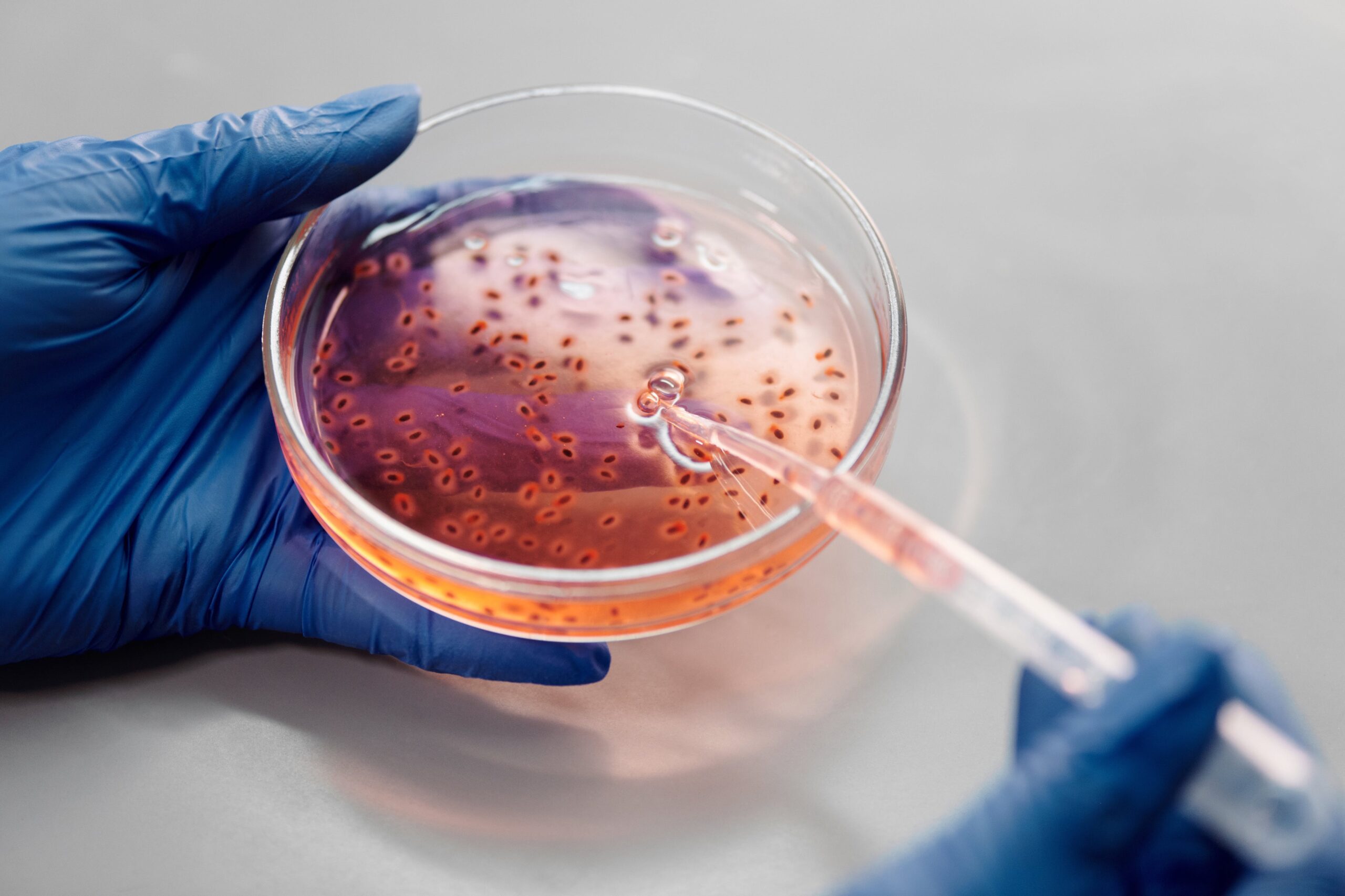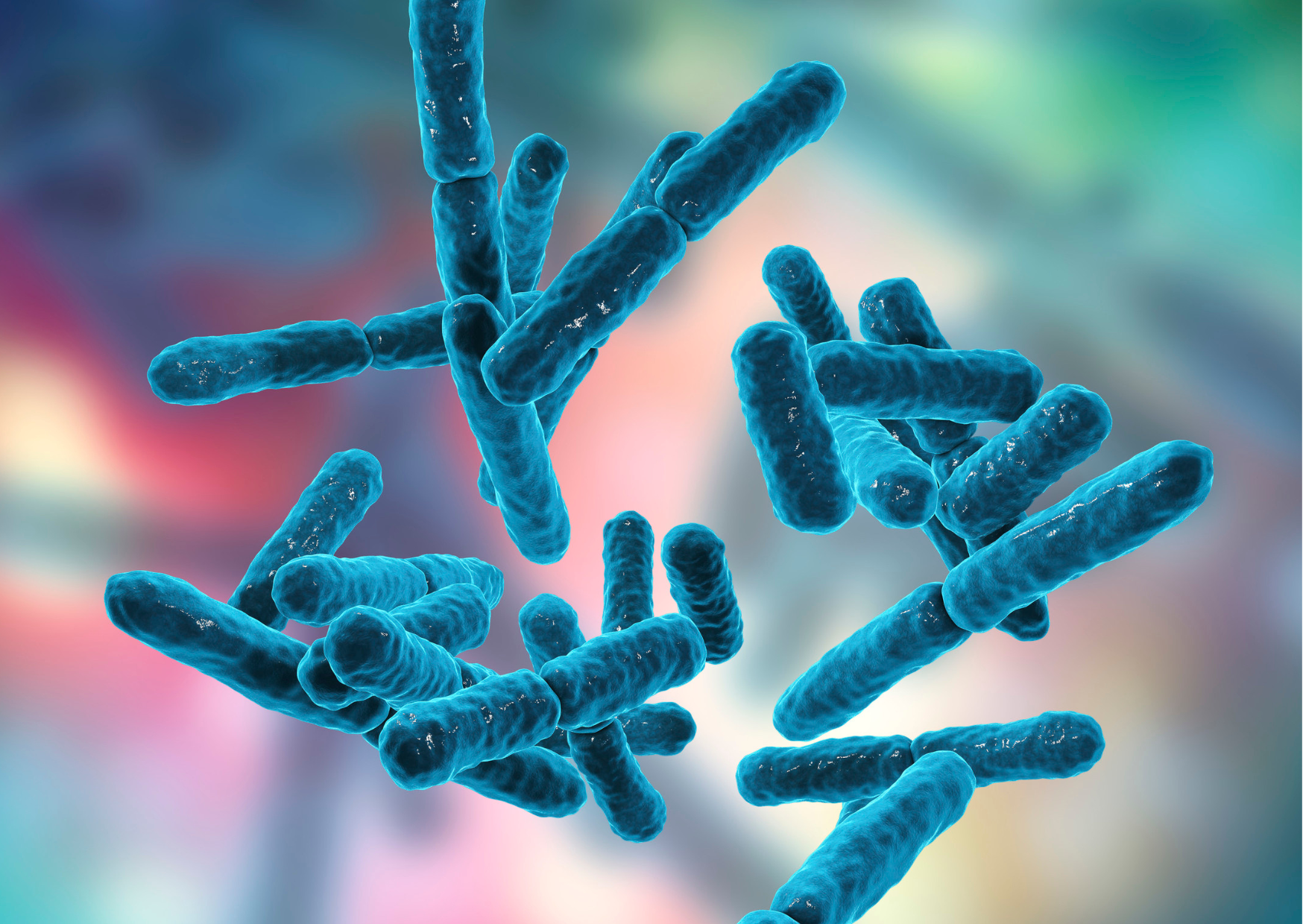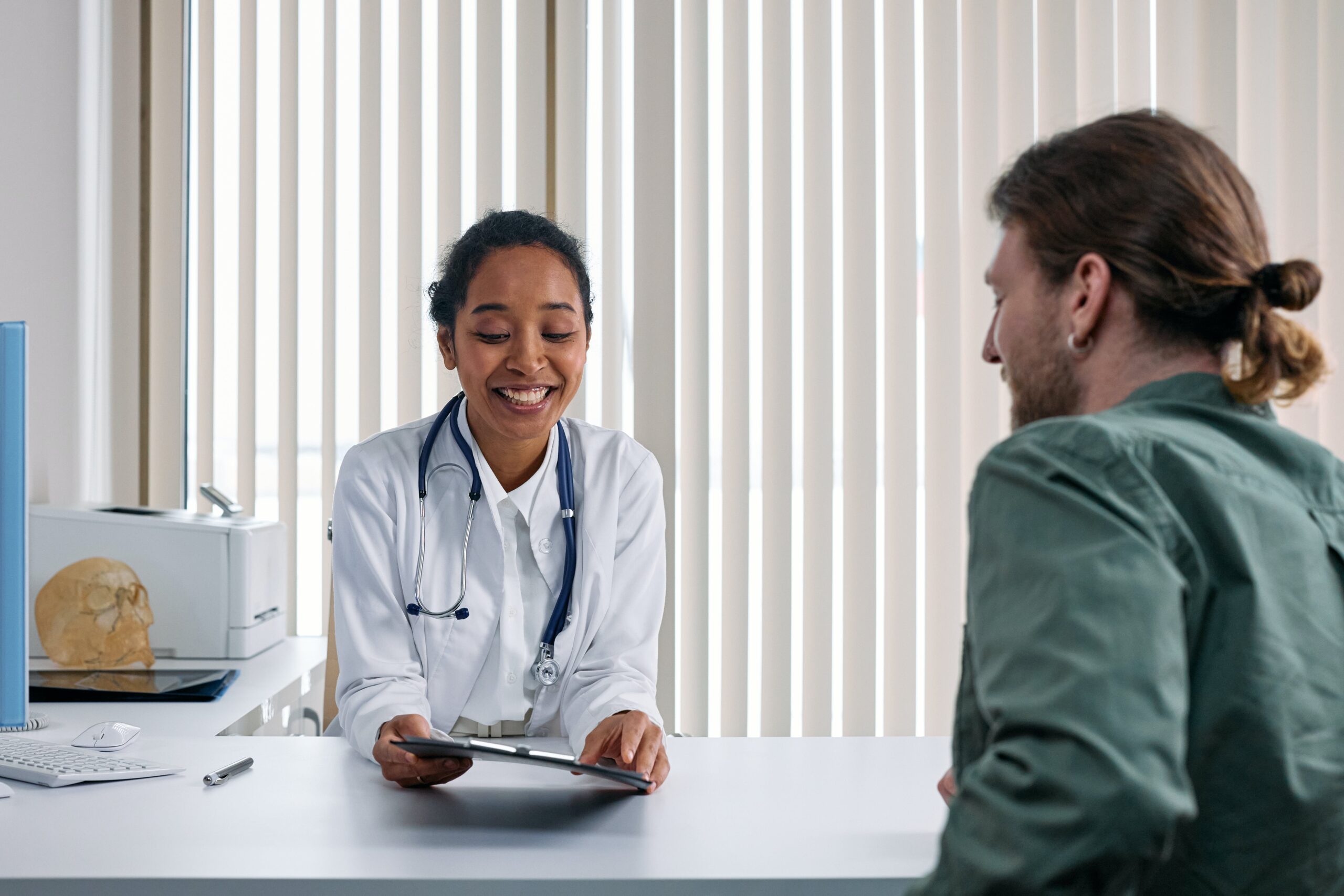There are five things you should do if you must take antibiotics and, in this blog, I will share with you what they are.
At times in our lives, we must take antibiotics. Over recent years there has been a lot of news about the problems with antibiotics, some of these problems relate to diseases developing into superstrength diseases and becoming resistant to antibiotics. Other issues relate to diseases that are caused by taking too many antibiotics. These are very important topics to discuss because the use of antibiotics over the last 50 years has had a profound effect on human health and animal health.
Since the beginning of 2024, my 8-year-old daughter has been prescribed antibiotics for infections twice. First, she came down with Scarlet Fever, and as a notifiable disease that has the potential to develop into a serious health issue, I didn’t hesitate to get my daughter her antibiotics. This was the first time she had ever taken antibiotics and immediately she started to become well again. Less than three weeks later, and now she has developed an ear infection, so back on antibiotics. In a decaying world, where diseases are shared across communities all over the world, we are now seeing a huge rise in a variety of diseases, many of them that do need antibiotics to help them clear. With this in mind, we should not be naive and when it comes to health, and deal with the issues straight away not let them develop any further.
If you must take antibiotics, then you should look at ways to support your health during time of taking antibiotics, and thereafter.
What are antibiotics?
Antibiotics are revolutionary and have been revolutionary to human health. Penicillin was first discovered by Alexander Fleming back in 1928 (less than 100 years ago), and it proved revolutionary for soldiers who were injured during the war. Many soldiers died from infection, particularly in World War 1, but with Alexander Fleming’s discovery, many soldiers injured later in World War 2 were able to survive thanks to the use of antibiotics.
Penicillin is a fungus that was identified when the mould grew on the petri dish of Staphylococcus bacteria. The mould produced a self-defence chemical that could kill bacteria and Alexander Fleming named the substance penicillin. It wasn’t until a further 15 years later, that penicillin was produced in mass.

When should you take antibiotics?
Antibiotics should only be given to you if you have a bacterial infection. There are some common features that you could look out for if you think you have a bacterial infection. However, before we look at those, you must never self-diagnose and always visit your doctor if you think you have a bacterial infection. It’s very important to explain to the secretary on the call that you think you have a bacterial infection, as this could help you getting an appointment quicker.
Bacterial infections.
Your body is amazing when it encounters disease. Your immune system goes into hyperdrive and will kick in to start the fight against the infection by producing more white blood cells. The white blood cells help to fight the infection. It may take a few days for your immune system to win over the disease, particularly a virus, but in the meantime, your body will show several symptoms and make you feel unwell.
A bacterial infection can be harder for the white blood cells, and this is why we need antibiotics to help particularly as bacteria can grow very quickly.
An infection can be detected if you have some of the following signs (this is not an exhaustive list):
- A temperature of more than 38 degrees. Your body’s rise in temperature is a natural response to assist in the killing of bacteria. The fever therefore makes it harder for bacteria to grow. It’s important to note here, that you can also have a temperature when you have a virus.
- White puss on a visible area of your body. This is particularly obvious if you have tonsilitis, a skin infection, a throat infection, or a mouth infection. Any sign of puss and you must ring your doctor ASAP. It can be harder to see an infection if it is somewhere else in your body, not visible. For example, a urine infection is within your urethra tubes, so not visible. However, a urine infection could be seen by the colour of your urine, if your urine is cloudy and you have other symptoms, then you may have an infection. It’s important to test your urine for proteins which can identify an infection. Some of the guidance on this has recently changed, so speak to your doctor’s surgery, call 111 or speak to a pharmacist.
- If you have symptoms of a cold, such as runny nose, a cough, a sore throat etc, then it’s likely that your infection is viral, not bacterial.
It’s important to value your doctor’s time, so if you need advice, then ring 111 first or speak to your local pharmacist. These professionals can help you make decisions if you need to see a doctor. You must not take or ask for antibiotics if you haven’t been seen by a doctor.

If you must take antibiotics, then what should you do to help your health recover?
Five things:
- Probiotics: If you must take antibiotics, then you must take probiotics as well. It’s important to ensure you get a high CFU dose of probiotics above 30 billion CFU. Look online to buy a probiotic, as often the high street brands do not have a high enough CFU count. Antibiotics kill off both good and bacteria at the site of infection and in your gut too. Antibiotics are not intelligent, they do not know what is a good or bad bacteria, they simply have a job and that is to prevent and kill off the bacteria, including the beneficial bacteria if they are in the firing line. Probiotics should be taken for the full course of antibiotics and then for a subsequent 2-4 weeks after antibiotics. This will ensure that you are balancing your microbiome and restoring any beneficial bacteria killed during infection. Drinking our kefir water when you have to take antibiotics can be a great way to support your gut health.
- Avoid sugar: When taking antibiotics, it’s important to cut out sugar for the entire time you are taking the antibiotics. The reason for cutting out sugar is because harmful bacteria and fungi love to feed off sugar. It helps them to grow and become invasive in your body. If you avoid sugar, then you give your body a better chance to defend against harmful bacteria, and prevent long term health problems due to an overgrowth of harmful bacteria or fungi – conditions such as SIBO and Candida overgrowth.
- Do not drink alcohol. This is important. Alcohol is a sugar and its waste product after digestion is acetaldehyde which is a highly reactive and toxic by-product that may contribute to tissue damage. As alcohol is also a sugar, you will be fuelling more of the harmful bacteria and fungi. Therefore, avoiding it during taking antibiotics and at least a week after, you will help keep your gut in a healthier condition.
- Eat lots of vegetables. Vegetables are full of prebiotics. Prebiotics is also known as dietary fibre. The beneficial bacteria (probiotics) love to feed off the prebiotics in vegetables, so ensuring you are having at least 5-10 different vegetables a day can really help to support your good gut bugs, helping them to colonise and grow to battle against the harmful bacteria.
- Make sure you finish the course of treatment. This is also vital because if you are prescribed antibiotics, then you must finish the course of treatment to ensure that all the harmful bacteria at the sight of infection have been killed by the antibiotics. Not finishing your course of antibiotics can result in your infection not clearing properly and therefore developing into a higher strength bacterial infection that can be resistant to antibiotics. The spread and the change in the structure of the bacterial infection can lead to anti-resistant bacterial infections, and this is unfortunately what we are witnessing today. This is not the only cause, but one of many that sees many diseases resistant to antibiotics.
Make sure you also drink plenty. Having broth can help keep you hydrated, as well as replace important electrolytes. A lovely cup of chicken broth is highly recommended.




